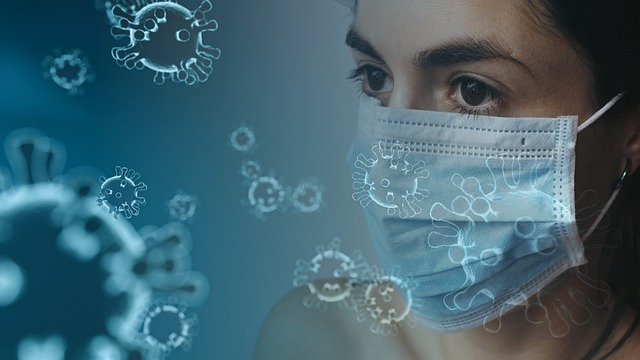Millions of people who once contracted the novel Coronavirus already have antibodies that will provide them some sort of protection. But will they carry the virus and infect others? Yes, they can, according to a study conducted in the UK.
The study was conducted between June 18 and November 24, 2020. The researchers found that while reinfection is possible, it appears to be rare, at least for the first five months after they got COVID-19.
"Reinfection is pretty unusual, so that's good news. But you're not free to run around without a mask," said immunologist John Wherry at the University of Pennsylvania in Philadelphia.
The Study Finding

The study included almost 6,600 participants who had already contracted the SARS-CoV-2. But among them, 44 people (less than one percent) were reinfected with the virus. It suggested that the immunity response from a first Coronavirus infection reduced the risk of contracting the virus again by 83 percent.
According to the researchers, out of almost 14,000 people who had not been previously infected, 318 tested positive for the SARS-CoV-2. However, the researchers don't know exactly how long the protection lasts beyond the time frame of their study.
It was also found that those who were reinfected did not usually suffer from a serious illness. About 30 percent of the people with possible reinfection developed symptoms, compared to those 78 percent who got the COVID-19 for the first time. But according to scientists, those who recovered and then got the infection once again had high viral loads, which means that there was still a chance that they would transmit the virus to others.
The goal behind this study was neither about the effects of the vaccines nor about the assessment of whether symptoms were better or worse during the second infection. So, these queries need further evaluation. The subjects of this study were mostly young and middle-aged females who, compared to elder people, tend to have less severe symptoms.
The study was conducted mostly before the detection of a mutated variant found in the UK, known as B.1.1.7 and this could change the dynamics of the results. While there are some ideas that the existence of mutations would lower the effectiveness of the immune response, scientists believe that more research will be needed to justify such claims.
However, earlier in November 2020, a separate study was published. According to the findings, people who had the novel Coronavirus are highly unlikely to contract it again for at least six months after the first infection.









